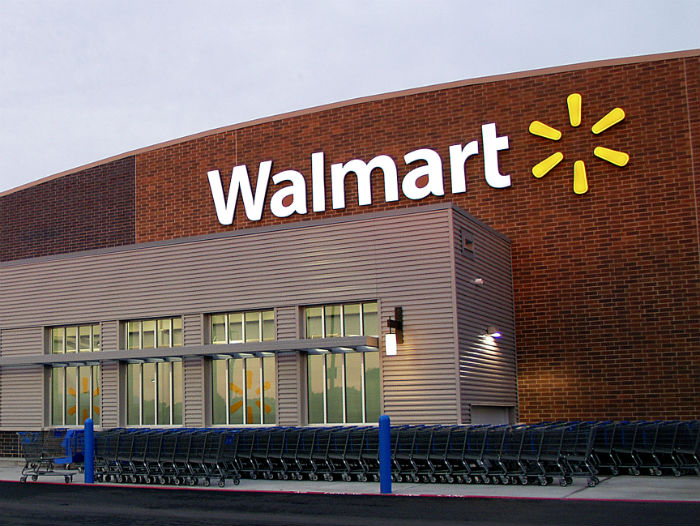When you think of e-commerce in the United States, of which company are you most likely to think? Most Americans would probably answer “Amazon,” an online retailer with a widespread reputation for free shipping and fast delivery times. In fact, in 2013 Amazon conducted $67.85 billion in online sales and controlled over 25% of e-commerce business in the United States.

This overpowering presence challenges the online business of even the world’s most formidable companies, namely Walmart. Despite the ubiquitous nature of the world’s largest company, Walmart’s e-commerce sales in the United States only amounted to about 3% of market share at $10 billion. Although Walmart does well in its brick-and-mortar stores, it is seriously lacking in its command of online business, which accounts for less than 3% of its overall sales.
 Walmart Chief Executive Doug McMillon has named e-commerce as a top priority, and he has backed up this claim by promoting Fernando Madeira to the head of online business. Madeira, who previously held the title of CEO of e-commerce business in Latin America, has created a reputation for himself as an “e-commerce whiz” who rapidly expanded the retailer’s internet presence in Brazil and other South American countries. Thanks to Madeira’s supervision, Brazil’s online sales have increased at twice the rate of the general market since 2012. His success is mostly due to increasing the number of products available online and improving order fulfillment.
Walmart Chief Executive Doug McMillon has named e-commerce as a top priority, and he has backed up this claim by promoting Fernando Madeira to the head of online business. Madeira, who previously held the title of CEO of e-commerce business in Latin America, has created a reputation for himself as an “e-commerce whiz” who rapidly expanded the retailer’s internet presence in Brazil and other South American countries. Thanks to Madeira’s supervision, Brazil’s online sales have increased at twice the rate of the general market since 2012. His success is mostly due to increasing the number of products available online and improving order fulfillment.
Madeira’s promotion is anything but incidental. The strategic move is part of a new plan to revive Walmart’s sales in the U.S. The company’s same-store sales have fallen in the United States for the last five quarters in a row. The new head of online business will have his work cut out for him, and he and his team have already started to get creative with new ideas. Potential plans include using trucks as pickup points for online orders, allowing customers to order online and then pay in cash in stores, and offering discounts to customers who are willing to make deliveries to online buyers.
 Although there’s no guarantee that any of these strategies will prove successful, all take advantage of Walmart’s size and brick-and-mortar presence. Amazon, an exclusively online retailer with no physical locations, can’t offer any of these services. The e-commerce giant isn’t taking this challenge lying down, though. It has started offering grocery delivery services, is launching a marketplace for local services, and is continually making progress towards it plan to use drones for faster delivery.
Although there’s no guarantee that any of these strategies will prove successful, all take advantage of Walmart’s size and brick-and-mortar presence. Amazon, an exclusively online retailer with no physical locations, can’t offer any of these services. The e-commerce giant isn’t taking this challenge lying down, though. It has started offering grocery delivery services, is launching a marketplace for local services, and is continually making progress towards it plan to use drones for faster delivery.
In addition, both Amazon and Walmart may face serious competition from Alibaba Group Holding, Ltd., a Chinese internet conglomerate that just launched an American operation less than a week ago. Undoubtedly, it will be interesting to see these giant retailers duke it out in the lucrative U.S. e-commerce market. It is also likely to produce even better deals for consumers as each operation vies to win over new customers.

